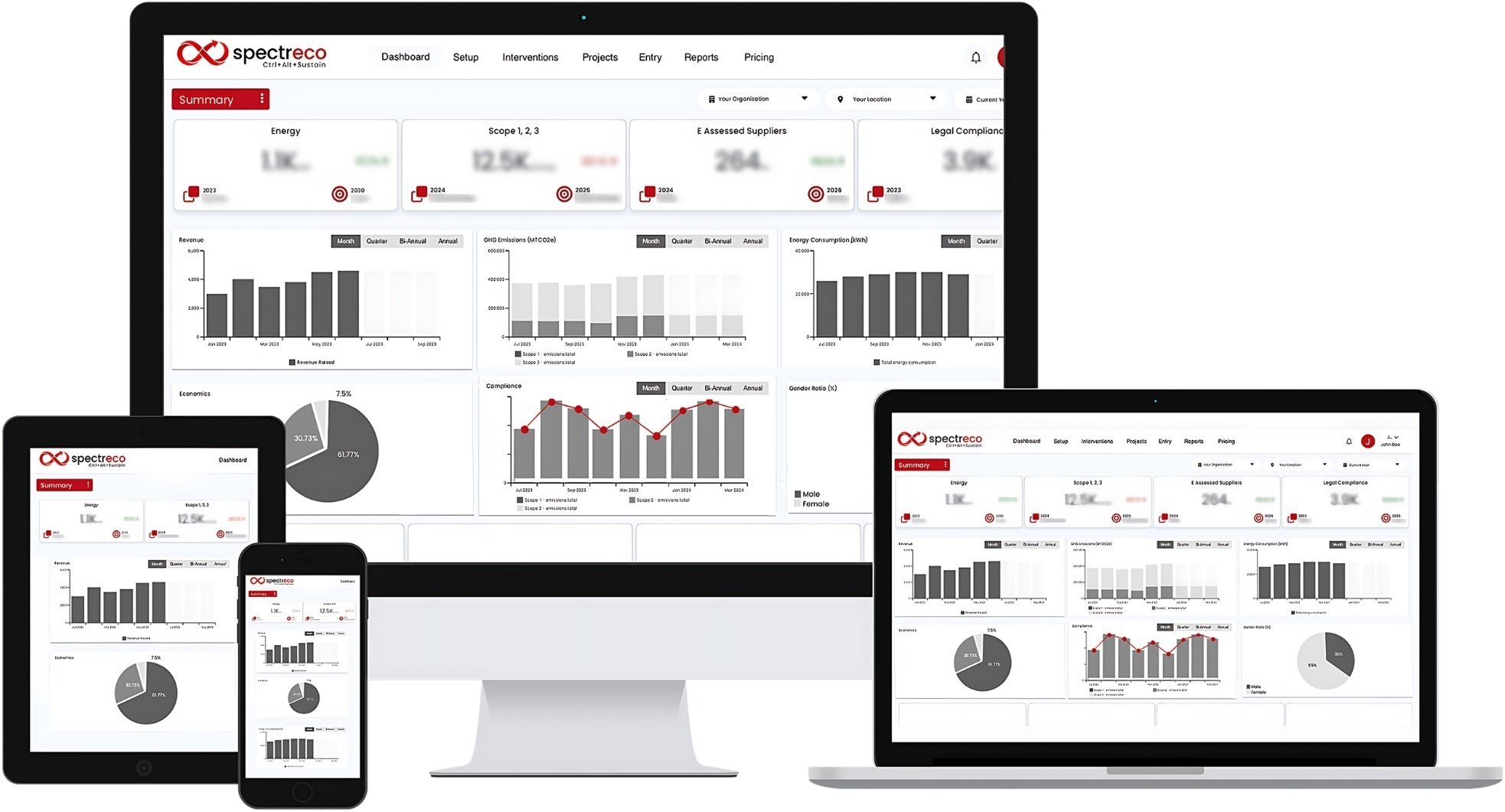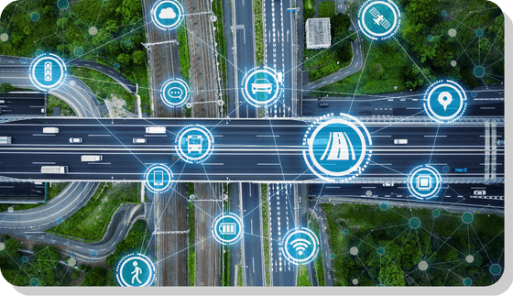ESG Excellence for Infrastructure
Empowering Infrastructure Projects with
ESG Solutions for a Greener Tomorrow

infrastructure
The Infrastructure industry is the backbone of modern society, encompassing vital physical structures and facilities that enable transportation, energy distribution, communication, and water supply. From highways and airports to power plants and communication networks, these components are essential for societal functioning and development.

Critical Elements of Modern Infrastructure
Transportation
Transportation
Energy
Energy
Water & Sewage
Water & Sewage
Telecommunications
Telecommunications
Social Infrastructure
Social Infrastructure
Waste Management
Waste Management
Urban Development
Urban Development
Infrastructure Industry Stakeholders
Sustainability Integration Across All Phases

Planning and Design
- Feasibility and Impact Assessments: Conduct project feasibility studies, environmental impact assessments, and stakeholder consultations to ensure sustainable development.
- Sustainable Material Prioritization: Prioritize the use of sustainable materials and designs that minimize environmental impact.
- Climate Resilience Integration: Incorporate climate resilience strategies into the design to mitigate risks associated with climate change.

Construction
- Green Building Practices: Implement sustainable construction practices, such as using green building materials and energy-efficient designs, to minimize the environmental footprint.
- Waste Management: Manage construction waste effectively through recycling and proper disposal methods.
- Regulatory Compliance: Ensure compliance with environmental regulations and standards during the construction process.

Operations and Management
- Continuous Monitoring: Conduct continuous monitoring and maintenance to ensure infrastructure assets remain efficient and sustainable throughout their lifecycle.
- Resource Optimization: Optimize resource usage, such as energy and water, to enhance operational efficiency and minimize environmental impact.
- Preventive Maintenance: Implement preventive maintenance measures to prolong the lifespan of infrastructure assets and reduce the need for major repairs.

Renewal and Expansion
- Sustainable Upgrades: Undertake upgrades and expansions with sustainability in mind, focusing on resource efficiency and resilience to climate change.
- Environmental Integration: Incorporate sustainable technologies and materials into renewal and expansion projects to minimize environmental impact.
- Long-term Viability Considerations: Consider the long-term sustainability and environmental implications of renewal and expansion decisions to ensure the continued viability of infrastructure assets.
Driving Value through ESG
Financial Performance Enhancement
Integrating ESG principles attracts investors, reduces operational costs, and enhances project resilience in the Infrastructure sector.
Social Value Creation
ESG-focused projects create jobs, improve community access to services, and enhance quality of life, fostering positive social impacts in Infrastructure development.
Mitigation of Environmental Risks
ESG-aligned infrastructure projects minimize carbon emissions, conserve resources, and mitigate environmental risks, contributing to climate change mitigation efforts.
Governance and Transparency
Strong governance practices and adherence to ESG standards enhance trust, accountability, and access to capital, ensuring sustainable Infrastructure development.

ESG Solutions driving success
Driving sustainability forward with advisory
Revolutionizing ESG Management with AI Driven Platform

Give it a try, it's free!
Sustainability Frameworks & Disclosures
Sustainable Reporting Simplified

Sustainable Success
Integrating Business Goals with Environmental Impact

Our approach to sustainability integrates environmental stewardship, social responsibility, and economic viability. We believe in creating value for our clients while safeguarding the planet and promoting social equity.
By partnering with Spectreco, infrastructure stakeholders can unlock new opportunities, mitigate risks, and differentiate themselves as leaders in sustainable development.


